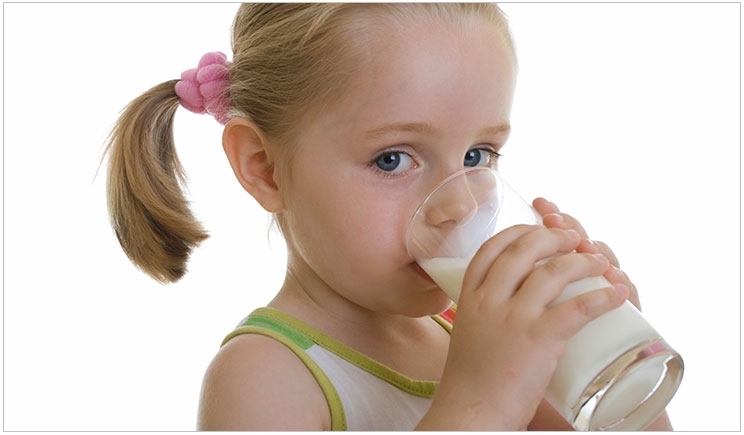
Municipalities have been fluoridating water for 70 years, cost-effectively preventing tooth decay. Yet more can be done, prompting the University of Copenhagen to investigate fluoridated milk as an additional solution.
The study followed a group of 3-year-old Bulgarian children during a 5-year period. One group received milk with fluoride, and the other received milk without it. The children who received the fluoridated milk had significantly fewer cavities than the control group.
“In the school environment, we can create better dental health in children by combining a healthy diet with milk containing prophylactic fluoride,” said professor Poul Erik Petersen of the school of dentistry at the university’s faculty of health and medical sciences.
The World Health Organization (WHO) has set a goal of seeing 80% of 6-year-old children free of caries by 2020, with 12-year-olds seeing a maximum of 1.5 teeth affected by caries. Fluoridated milk could be an easy and inexpensive tool in reaching these goals, the researchers said.
Also, the researchers are concerned about disparities in oral care. While children in Scandinavia enjoy excellent dental health, they said, Central and Eastern Europe face greater rates of tooth decay, affecting both the oral health and overall wellbeing of children there.
Last month, the economically challenged town of Blackpool in the United Kingdom approved fluoridated milk for its schoolchildren. Almost half of its 12-year-olds have at least one decayed, missing, or filled tooth, with 400 children each year admitted to a hospital for extractions.
Studies have shown that children in Blackpool have lower than normal levels of fluoride in their bodies. At the same time, 8,400 students receive milk each day. The town, then, will address the shortfall by switching to fluoridated milk with no extra cost to taxpayers.
“The scheme will be available to all primary school children, but parents will have the option to opt out if they wish,” said Graham Cain, cabinet secretary for the Blackpool Council. “This is a bold and positive step and one that I think will benefit our children in the long run.”
Also, the nonprofit Borrow Foundation has been emphasizing milk fluoridation as part of oral health improvement programs since its establishment in 1971. It supports milk fluoridation programs in the Russian Federation, Chile, the United Kingdom, and Thailand.
In 2009, WHO published “Milk Fluoridation for the Prevention of Dental Caries,” co-authored by Petersen. It notes that fluoride in milk behaves like fluoride in water and recommends that children should begin to drink such milk by the age of 4 to reduce caries in primary teeth.
“By adding fluoride to school milk, we prevent cavities in teeth, improving the health of all children” said Petersen, “not just the children and parents who have the resources to brush their teeth or visit the dentist. In this way, we can reduce the social inequality in the incidence of tooth disease in children.”
The study, “Long Term Evaluation of the Clinical Effectiveness of Community Milk Fluoridation in Bulgaria,” was published by Community Dental Health. It was supported by the Borrow Foundation and the WHO Collaborating Centre for Community Oral Health Programmes and Research, University of Copenhagen.
Related Articles
AAO Ranks the Acid Levels in Popular Drinks
Caries Tied to Insufficient Fluoride in Korea
Surgeon General Celebrates 70 Years of Fluoridation











